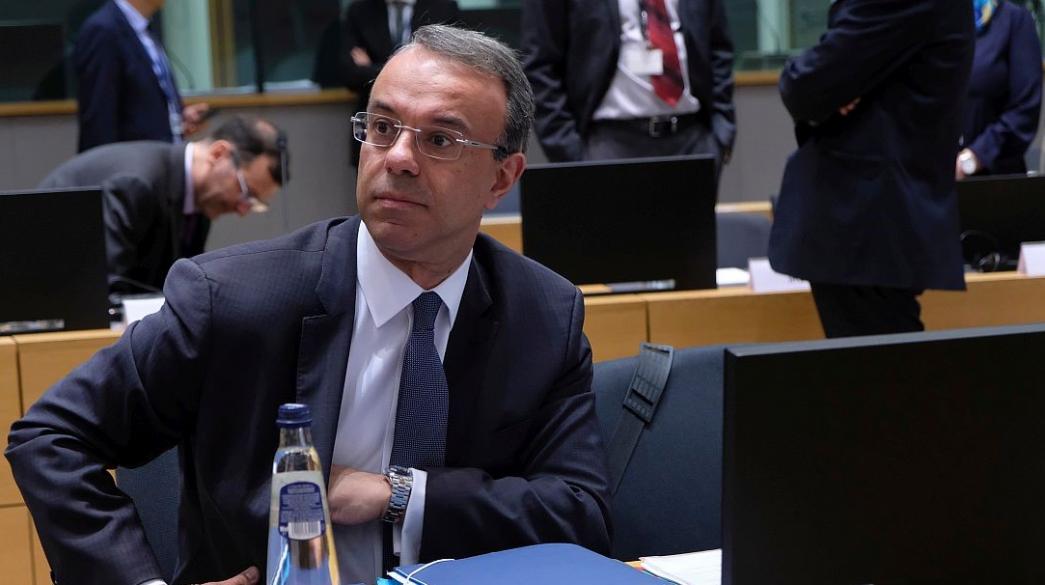The Finance Ministry is working on a new model of support for businesses and employees by gradually withdrawing special allowances, the full coverage of social security contributions, and the suspension of payments.
According to sources, the core of the new assistance includes:
-Boosting the liquidity of companies by activating a network of financial instruments (NSRF, guarantee funds, cheap loans, interest subsidies "refundable downpayments", etc.)
-Subsidizing new job positions, by using 1.2 billion euros from the European Employment Fund (SURE).
-Dropping the suspension of payments on debts to tax authorities and social security funds and introducing new favorable payment terms with more installments and bonuses for lump sum payment.
-Tax cuts and lowering of social security contributions, in line with the government's original plan.
-The change in economic policy mix will begin to be implemented gradually as of May, in connection with the easing of lockdown measures, and will be fully implemented once the quarantine has been fully dropped.
According to sources, the first step will be to reduce special allowances paid to employees, the self-employed, and small businesses that will enter the production process while simultaneously removing the state subsidy for all pension fund contributions.
This way, the fiscal cost will be limited and the derailment of the budget will be controlled, reducing the drain on state cash reserves. Another factor pushing the Finance Ministry to change policy is the fact that resources available are not enough to finance such a high bill.
«State coffers can't withstand further growth in May to the current 6.8 billion-euro package», said a government official, adding that the scope of the measures will be limited, especially regarding special benefits and the payment of social security contributions by the government.
The plan foresees that 800 euros will continue to be paid to employees in companies that do not resume operations, while the suspension of employment contracts of 45 days will be abolished and salary costs will be entirely transferred to the employers.
"The state paid everyone"
Finance Minister Christos Staikouras announced the shift in economic policy, saying that «last month the Greek State paid almost everyone in Greece. But this cannot continue. A subsidy policy of this scope cannot continue».
He noted that in the second phase of the crisis, the lifting of the lockdown «should further strengthen entrepreneurship so that entrepreneurship takes on employment» and spoke of a return to normal with the help of European funds, for example from the European Investment Bank and SURE.
Finally, he noted that due to the crisis «a parenthesis has been opened which will be shortlived for spending increases and once closed, we must return to the correct fiscal policy of tax reduction and social security contributions, of course, taking into account the conditions we will then have in the economy».








